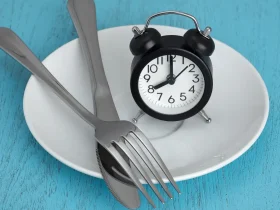Hydration is so important for a healthy body. Around two-thirds of our bodies are composed of water. To maintain a healthy balance, it is essential that we consume an adequate amount of fluid. The majority of people become dehydrated, either because they do not consume enough fluids or because they lose fluids and do not replace them.
- Maintaining water intake can help prevent urinary tract infections (UTIs).
- Pain in the head
- The symptoms of constipation and dizziness can lead to falls.
- bewildermentstones in the kidneys
- Pressurized skin ailments and ulcer health problems
Hydration: Who is susceptible to becoming dehydrated?
Although dehydration can affect everybody, certain groups are more likely to experience it than others. These include the following:
- The body weight of babies and infants is relatively low, and they are vulnerable to even minute quantities of fluid loss.
- Infants and babiesIt is possible that elderly people are less aware that they are becoming dehydrated and that they need to continue drinking water at all times.
- People who have a chronic health condition, such as diabetes or alcoholism, as well as athletes, have the potential to lose a significant amount of bodily fluid through sweating after engaging in physical activity for extended periods of time.
- People of all ages should consider the importance of maintaining adequate hydration.
Hydration: How can you ensure that you do not become dehydrated?
You should consume a large quantity of fluids, such as water, diluted squash, and fruit juice, to maintain proper hydration. The goal is to drink at least six to eight mugs of water on a consistent basis throughout the day.
Engaging in physical activity or experiencing extreme temperature elevation increases your risk of dehydration. You need to drink more fluids if you want to maintain your level of hydration.
In the event that you, your child, or someone else you are caring for is sick, particularly if they are experiencing symptoms such as fever, vomiting, or diarrhea, there is a significant possibility that they will get dehydrated. Therefore, it is essential to begin replacing fluids as soon as possible.
If you are having trouble keeping water down because you are losing your appetite, try to drink small amounts of water at a time in order to maintain your hydration level.
It is important to schedule visits around meal times if you work in a care setting so that you can get a sense of what the individual is drinking. Ensure the individual has access to water or other fluids, and explain the recommended daily intake to them.
It is important to keep in mind that you may always use the urine color chart to evaluate your levels of hydration.
Some Foods that you eat also help with hydration.







Leave a Reply